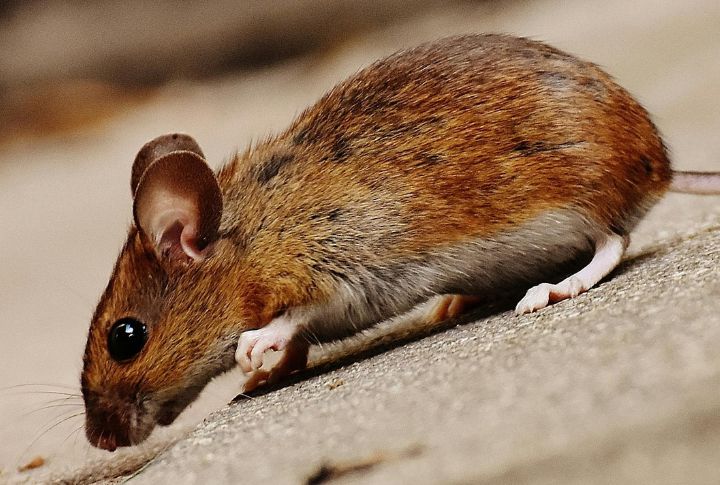
Rodents don’t rely on sight or sound as much as they rely on smell, and that makes scent your ultimate secret weapon. Certain strong aromas overwhelm their sensitive noses, pushing them far from where they’re unwelcome. Don’t waste time chasing tails. Read this master list and deploy these powerful scents to make rats regret ever setting paw near your property.
Peppermint Oil
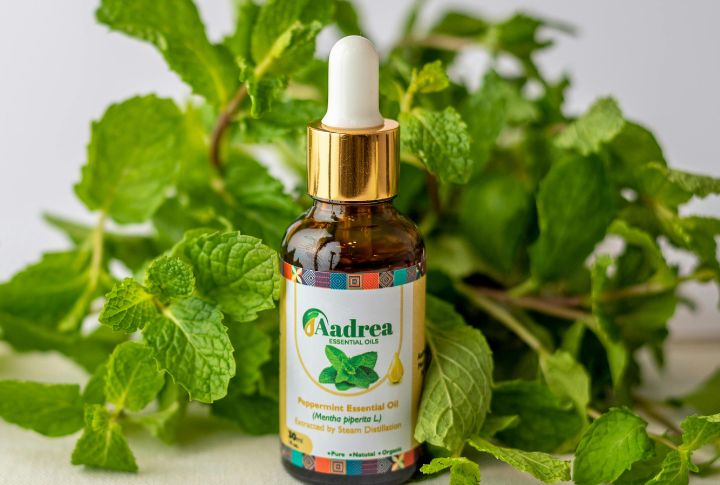
Rodents dislike peppermint oil due to its strong menthol smell that messes with their olfactory system. Cotton balls soaked in the oil disrupt rat scent trails for days. While humans enjoy its freshness, rats associate it with danger. Additionally, it keeps insects far away.
Ammonia
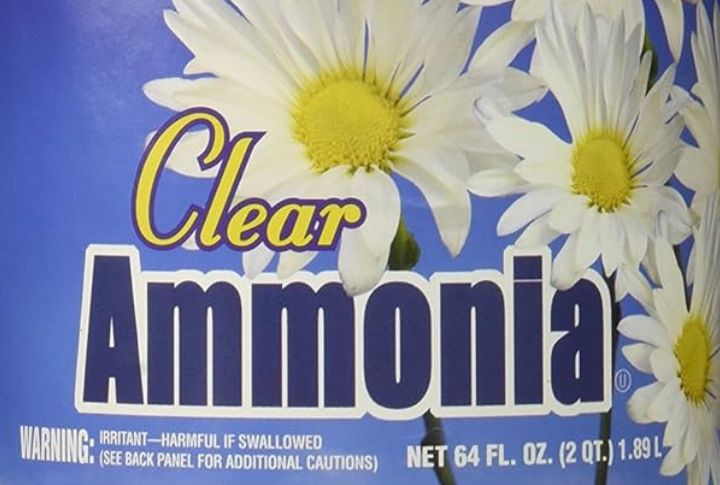
Instinct kicks in when rats smell ammonia because it mimics predator urine. That triggers a fear response and makes them flee. Common in cleaning products, this chemical is very strong indoors. Rats view their scent as a territorial threat, and ventilation is important when using it.
Mothballs (Naphthalene)
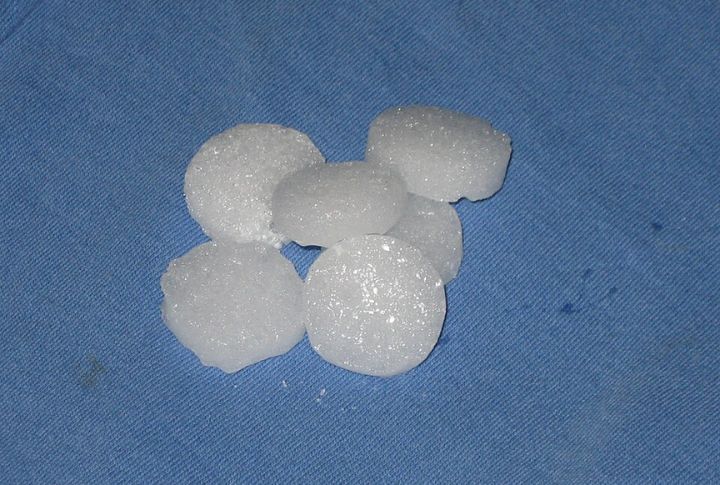
Few scents repel rats faster than naphthalene in mothballs, which irritates their respiratory system. Illegal for outdoor use in many places, the smell is also detested by snakes and bugs. Even weeks after placement, mothballs continue repelling pests with their lingering intensity.
Clove Oil
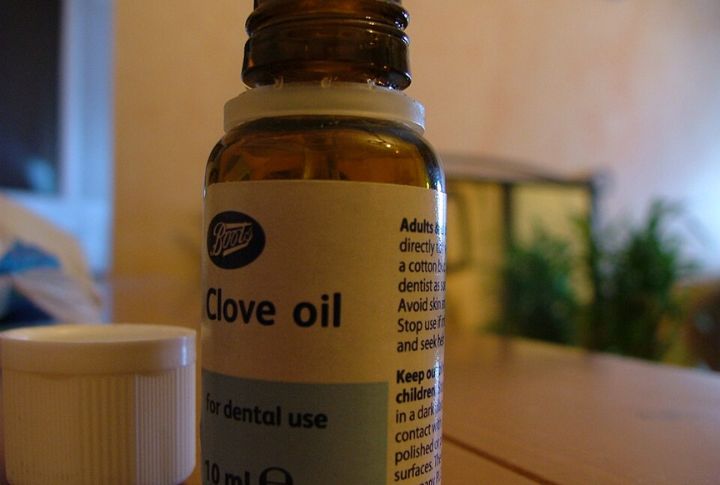
Eugenol-rich clove oil sharply agitates rats’ nasal tissues and makes their environment unbearable. Humans use this oil in dental treatments, but rats find it sickening. Smelling like festive spice to us, it’s horrifying to rodents. Effective delivery includes sachets or surface sprays.
Cayenne Pepper
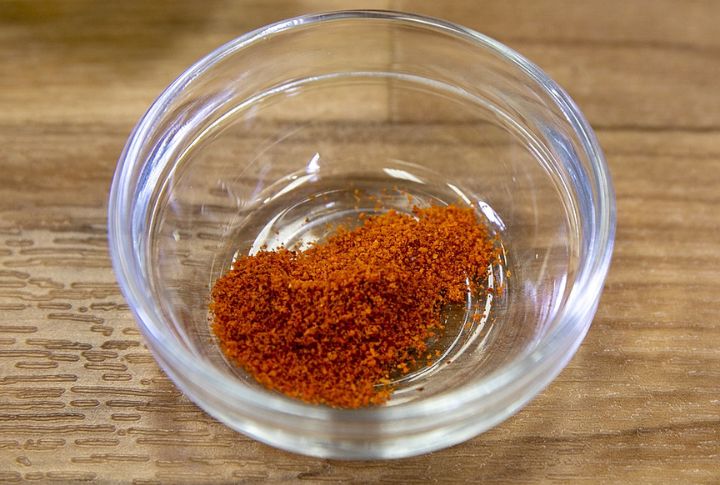
Capsaicin, found in cayenne pepper, triggers a burning sensation in a rat’s snout. Just the aroma can cause them to avoid an area. It’s commonly mixed with birdseed to deter squirrels and is safe for birds, making it a practical defense tool for the garden.
Eucalyptus Oil
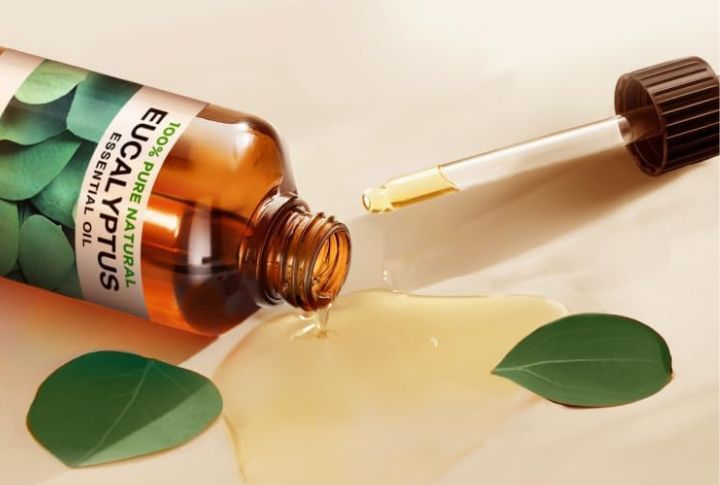
Rats can’t tolerate the pungent, camphor-like aroma that eucalyptus oil produces. Koalas thrive on it, but rodents retreat. The oil also effectively handles mites and lice. Apply with cotton balls or use a diffuser for broader coverage across rat entry points.
Vinegar (White Distilled)

Unlike other deterrents, vinegar’s acetic acid quickly irritates a rat’s nasal lining and disrupts their scent trails. Widely available and low-cost, it doubles as a disinfectant. Cleaning with vinegar around rat-prone areas also erases the pheromone markers they leave behind.
Onions

Sulfur compounds in onions release an acrid smell that rats instinctively avoid. Though safe for humans, rotting onions spoil fast and require frequent replacement. Beyond rats, deer and rabbits also dislike the strong scent, which makes it handy for gardens and pantries.
Garlic
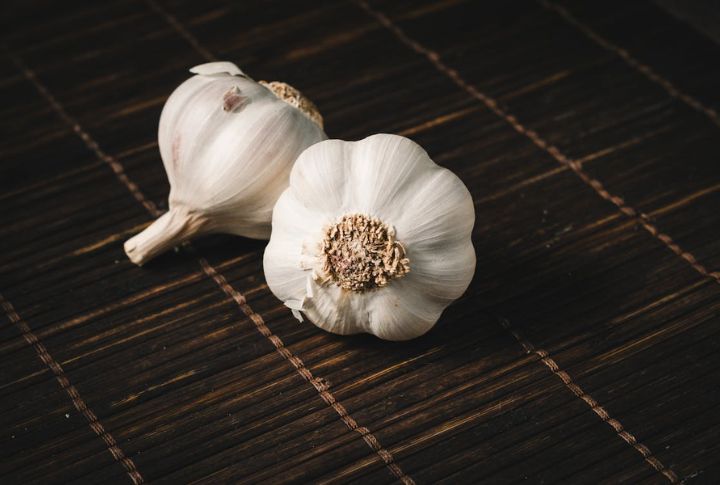
Rats steer clear of crushed garlic thanks to its potent dose of allicin, a compound known for its pungency. Ancient civilizations used garlic to drive away pests. Today, it’s also a favored ingredient in natural pesticide formulas due to its dual function.
Bleach
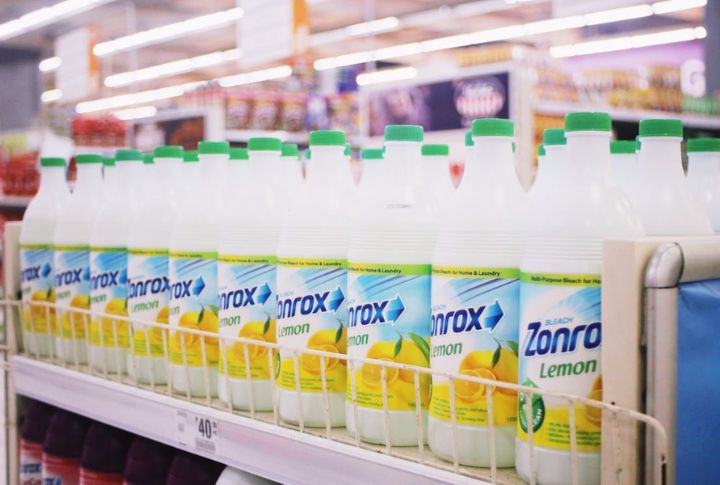
The chlorine in bleach has a significant impact on rats’ breathing, causing them to run away. Used correctly, bleach disinfects rat-infested surfaces. However, mixing it with ammonia is dangerous as it creates toxic gas. Because the smell fades fast, periodic reapplication is essential for sustained results.
Used Cat Litter

Scents from predator urine embedded in used litter make rats think cats are nearby. They can detect feline pheromones and instinctively retreat. For best results, place it near potential entry points. It also keeps mice and voles from settling in.
Lavender Oil

Rodents aren’t fond of floral notes as lavender oil’s sweet intensity overwhelms their sensitive noses. While it calms humans and pets, rats can’t tolerate it. Beyond rodents, the scent also drives away moths and fleas. You can use diffusers or sachets to help spread it evenly.
Black Pepper

Black pepper’s piperine irritates the breathing pathways of rats, especially when it is freshly ground. Its spicy kick makes it effective in deterrent mixtures. Sprinkled in corners, it also discourages cockroaches and ants. This multi-target strategy provides layered protection across kitchens and basements.
Lemon Oil

Citrus-heavy lemon oil disrupts rat behavior through its intensely sharp scent. Used in homemade cleaning blends, it wipes out pheromone trails and repels fleas. While we associate its smell with freshness, rats interpret it as a warning to stay away.
Camphor

Camphor’s medicinal vapor throws off a rat’s ability to process smells, forcing it to flee. Extracted from the camphor tree, it’s long been used in moth repellents and traditional remedies. Given its toxicity in high amounts, it must be deployed with care.
Bay Leaves
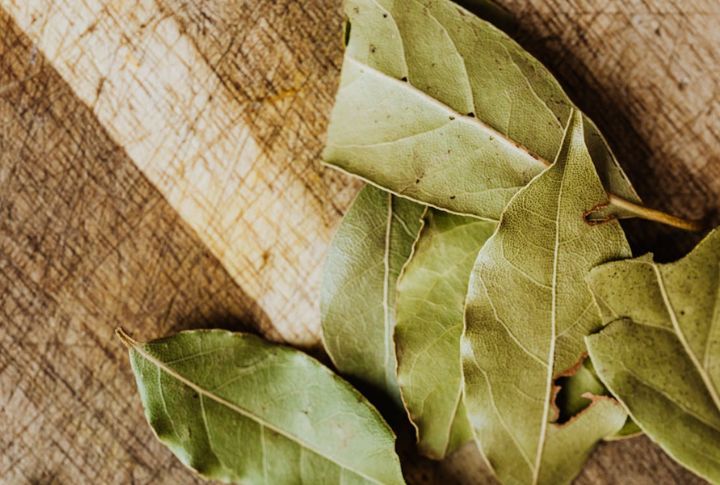
Odorous oils, such as eugenol in bay leaves, make rats uncomfortable and eager to escape. Some experts suspect ingestion can be fatal to rodents. Typically seen in kitchens, these leaves offer dual utility by also protecting dry goods from pantry intruders.
Predator Urine (Fox, Coyote)

Urine from natural predators triggers a survival response in rats that overrides their curiosity. When sprayed near nesting areas, it warns them to abandon their territory. Widely used to deter other wildlife, it’s powerful enough to send rats packing from yards.
Tea Tree Oil

High in terpinen-4-ol, tea tree oil irritates rats’ respiratory systems and encourages evacuation. Popular in skincare for humans, the strong aroma also serves as a deterrent for rodents. Just a few drops maintain the scent for hours, effectively protecting key entry locations.
Tansy

Old-world pest control often involved tansy because of its thujone content, which rats instinctively reject. Historically used to line burial containers, it remains toxic if consumed. Besides repelling rodents, it also targets flies and ants that try to share food sources.
Wintergreen Oil

Methyl salicylate in wintergreen oil overwhelms rats’ olfactory receptors, making treated areas unbearable. It has been proven to be effective when applied to cotton balls or mixed with chili oil for added potency. Though it smells like candy to us, rats interpret it as a chemical threat.

